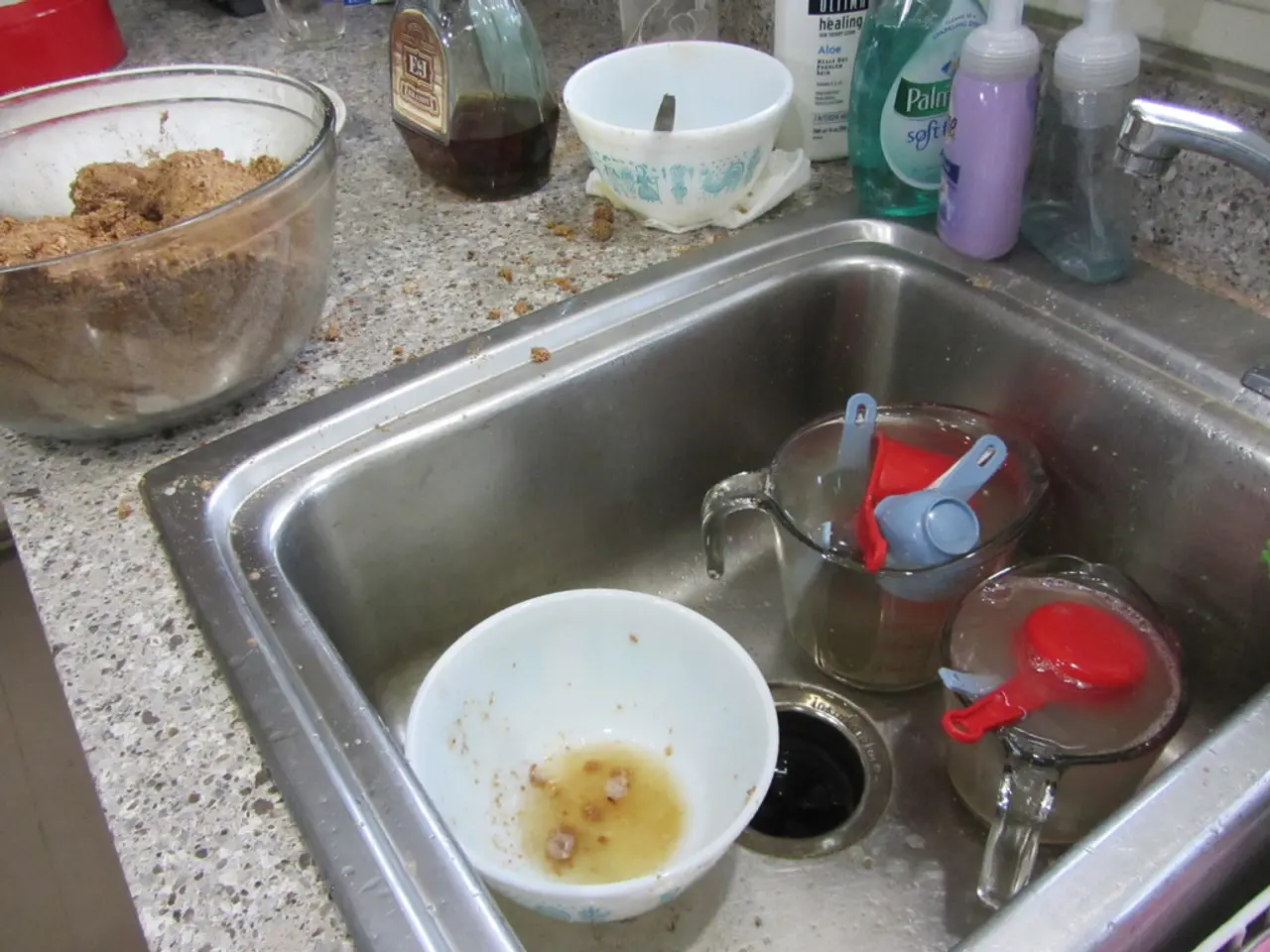'The Struggle Between Viruses and Bacteria': Unveiling Potential Solutions to Overcome Antibiotic-Resistant Microorganisms
In the ongoing fight against antibiotic-resistant bacteria, a potential solution is gaining attention: phage therapy. This innovative approach uses phages, viruses that have been naturally combating bacteria for billions of years, to treat infections.
Recent research at the University of Southampton has shed light on the complex interplay between phages and their bacterial targets. One such insight comes from the study of a bacterial defense system called Kiwa. Acting as a sensor embedded in the bacterial membrane, Kiwa detects early signs of phage attack.
Once triggered, Kiwa shuts down the phage's ability to make the components it needs to build new phages, effectively stopping the infection before it can take over the cell. However, phages have evolved strategies to fight back against Kiwa.
Phages can evolve by altering their attachment mechanisms or surface proteins to avoid being recognized or bound by bacterial sensors like Kiwa. They can also modify their DNA sequences or packaging to prevent degradation by bacterial nucleases, including those that Kiwa might activate.
In addition, phages can produce anti-defense proteins that neutralize bacterial defense components like Kiwa or RecBCD, another DNA-targeting system. Lastly, they can rapidly diversify genetically to generate variants that can infect bacteria despite the presence of various defense systems.
This evolutionary arms race is continuous, with phages adapting to the numerous bacterial defense strategies, of which Kiwa is one among over 200 known mechanisms bacteria use to resist phages.
The goal of phage therapy is to predict which bacterial defenses a given strain carries and select phages that are naturally equipped or artificially tuned to overcome them. As we learn more about these defense systems, we can intervene in phage therapy more precisely.
Understanding the rules of engagement in microbial battles can help in the design of better phage therapies for treating infections that antibiotics can no longer handle. In some compassionate-use cases in the U.K., phage therapy has already cleared infections where every antibiotic had failed.
Phages are highly specific and capable of targeting even drug-resistant strains of bacteria. A growing phage collection project aims to gather phages from various sources, including the U.K. and public submissions, for testing against dangerous bacteria. The project's ultimate goal is to navigate the strategies that bacteria and phages have evolved to find new ways to treat infections.
The global public health crisis of antimicrobial resistance (AMR) is causing over a million deaths annually and is rapidly increasing. With over 600 types of phages already catalogued in the project, these findings could guide future phage therapy efforts.
- In the realm of health and wellness, the study of phages and their interactions with medical-conditions such as bacterial infections can lead to advancements in therapies and treatments, especially in cases where antibiotics are no longer effective.
- The scientific community is unraveling complex defense mechanisms employed by bacteria like Kiwa to combat phages, which could aid in precision-guided phage therapy, ensuring that the chosen phage can overcome the targeted bacterial strain's defenses.
- As part of the global health-and-wellness initiative, projects focusing on the collection of phages from diverse sources are addressing the critical medical-conditions caused by antibiotic-resistant bacteria, a major concern in the world today, responsible for over a million deaths annually.




